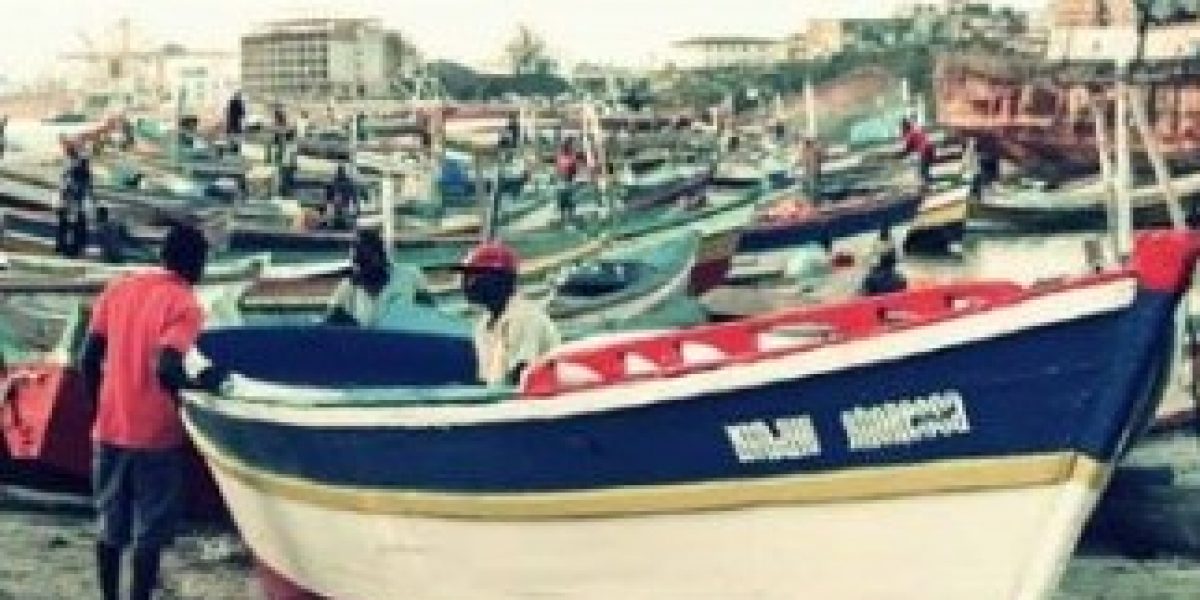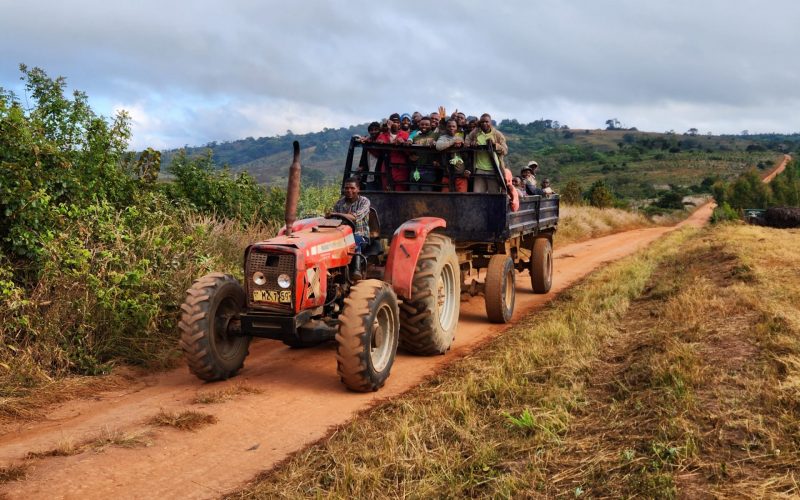However, it is the recent discovery of significant reserves of gas and coal which has contributed most to Mozambique’s position as one of the 10 fastest-growing economies in the world from 2001–10. Notwithstanding the high levels of investment and exceptional growth rates, the majority of Mozambicans remain highly dependent on natural ecosystems to support their livelihoods. The report examines the opportunities and challenges confronting the small-scale fisheries sector in Mozambique in the context of a rapidly transforming economy boosted by rapid growth in the extractive industries as well as other sectors, such as tourism.
There are approximately 280 000 small-scale fishers in Mozambique, each of whom supports family members and a network of suppliers, processors and traders. These localised social and economic networks will remain central to Mozambique’s development, even as the country’s mining, tourism and other economic sectors experience rapid growth. As is the case in numerous African states, Mozambique’s fisheries resources face a range of pressures. Some of these pressures stem from the fisheries sector itself as more people take up artisanal fishing, new technologies increase the impact of fisheries’ activities, and illegal fishing practices undermine governance efforts. Increasingly, however, fisheries also face pressures that stem from other sectors of the economy. As conservation and tourism efforts gain momentum there are new limitations on fishing grounds, exploitation of mineral resources may damage fragile ecosystems, climate change poses a range of geophysical and biological risks, and even the development of roads and access to growing urban centres can make it easier for fishers to pursue unsustainable catch levels. The report investigates how the sustainability and prosperity of small-scale fisheries may be ensured in the midst of Mozambique’s rapid economic changes.
The issues outlined in the report are of relevance to a number of African states that rely on marine and freshwater ecosystems to support extensive small-scale fisheries. Africa’s population is growing faster than any other global region, while numerous national economies are experiencing rapid economic growth, in many cases driven by the expansion of extractive industries. Moreover, African countries are particularly vulnerable to climate change impacts owing to their significant exposure to climate variation as well as relatively low adaptive capacity. Through investigating the challenges faced by Mozambique in managing its small-scale fisheries sector, the report aims to develop a framework that may assist African policymakers in addressing both the internal and external challenges that face the sector in the context of the rapidly shifting social, economic and political dynamics on the continent. The report concludes with five key recommendations highlighting priority interventions that can support Mozambique’s efforts at establishing an effective governance framework for its small-scale fisheries sector.








